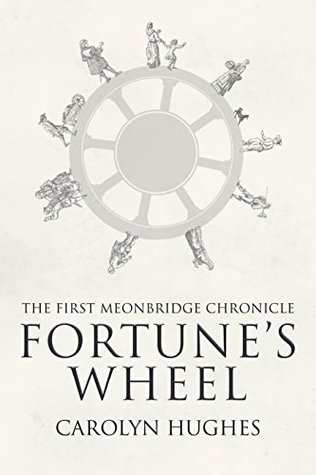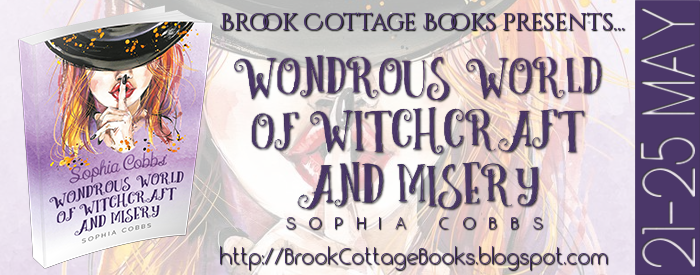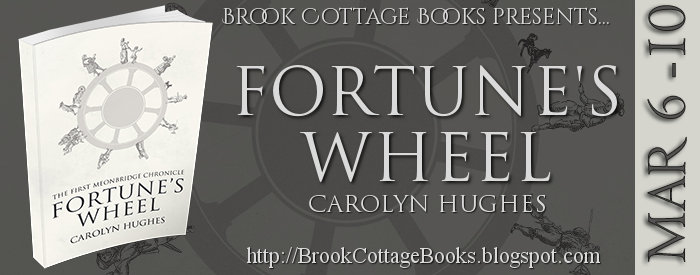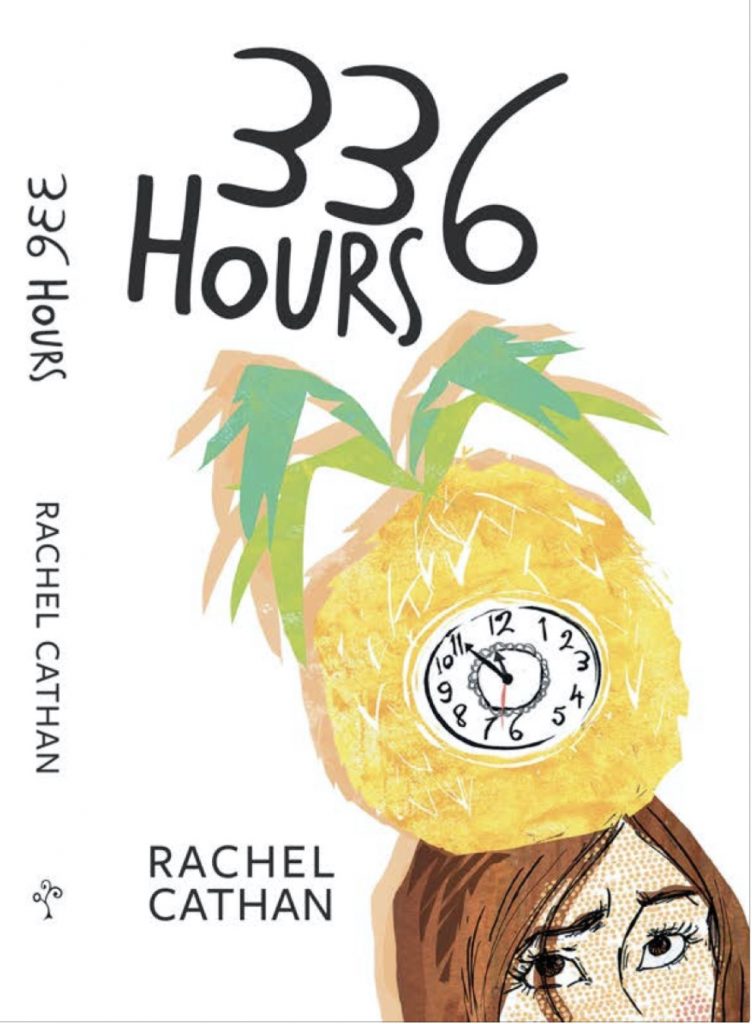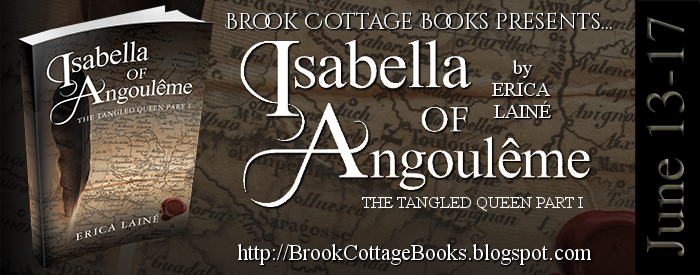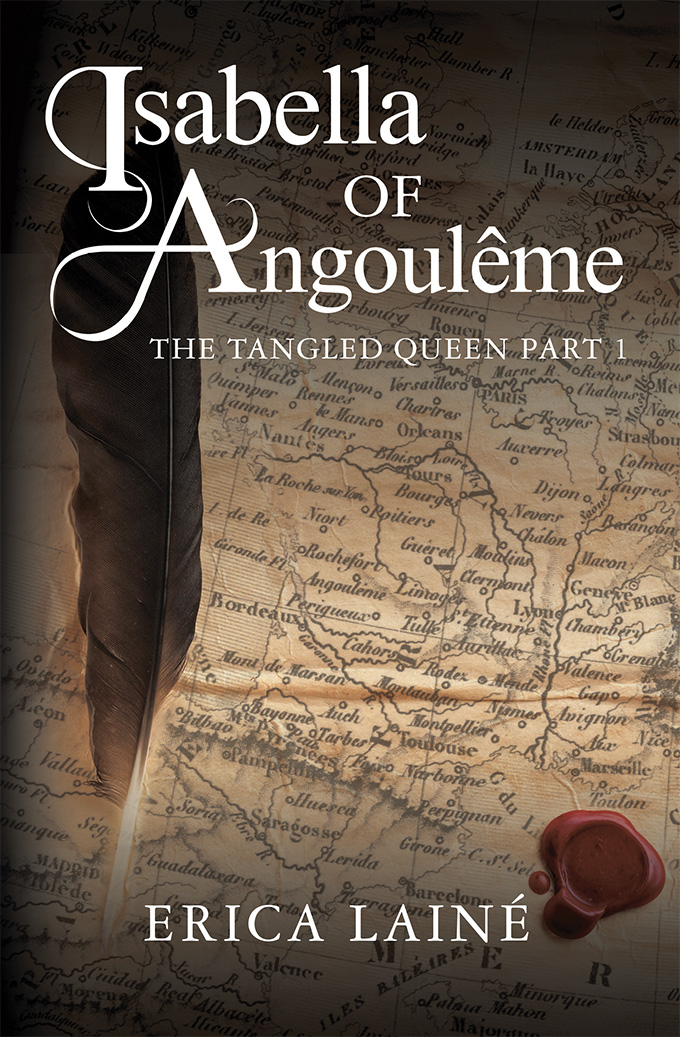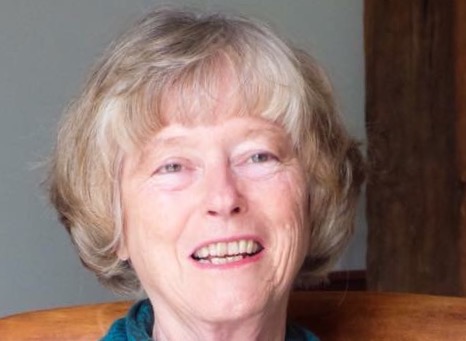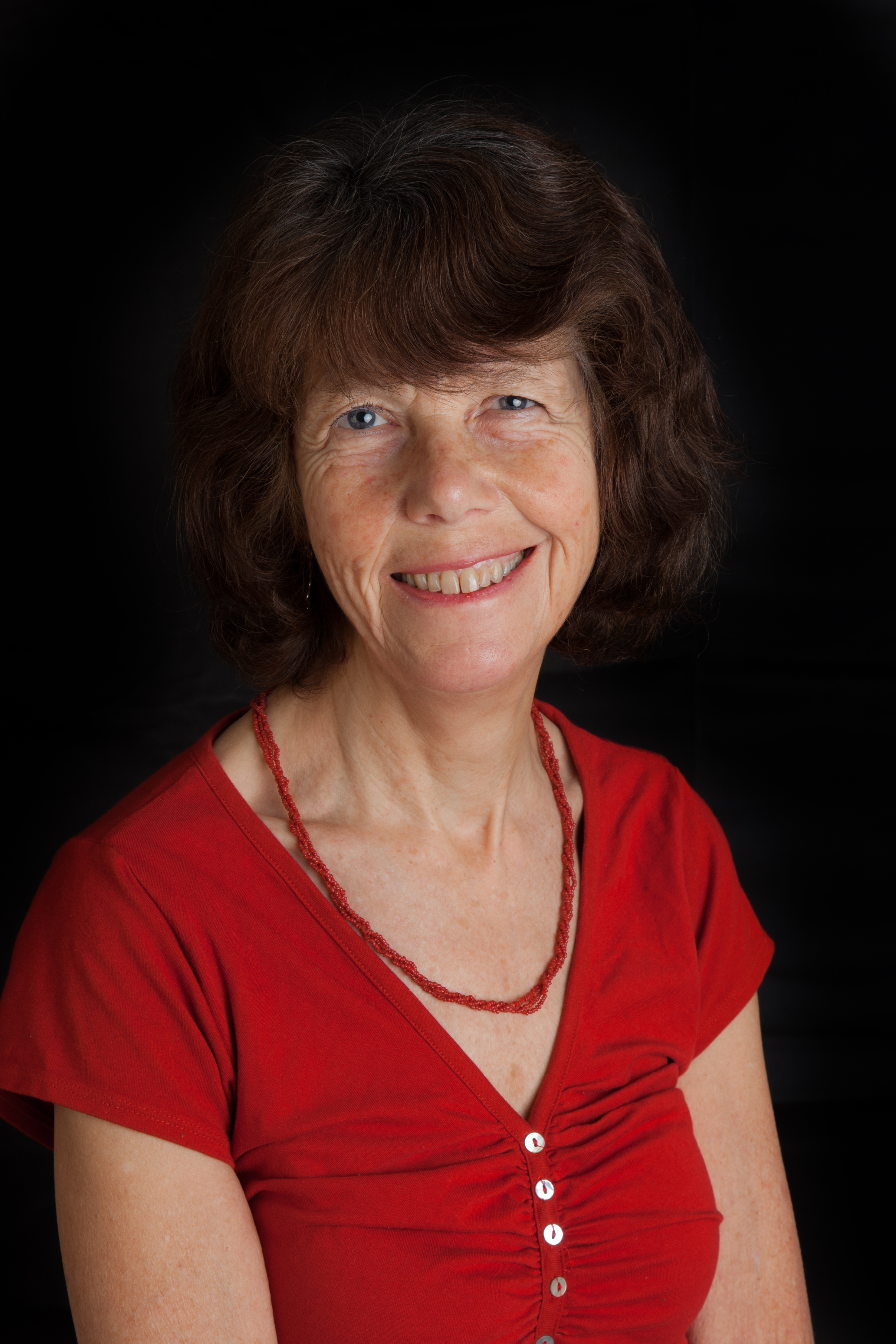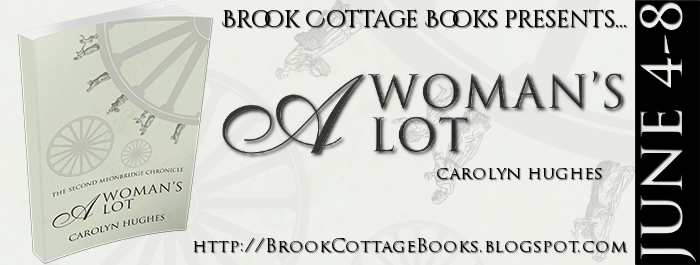
A Woman’s Lot
by
Carolyn Hughes

Release Date: 4th June 2018
Genre: Historical fiction
Series: Book 2 of The Meonbridge Chronicles
Publisher: SilverWood Books
How can mere women resist the misogyny of men?
When a resentful peasant rages against a woman’s efforts to build up her flock of sheep.
…or a husband, grown melancholy and ill-tempered, succumbs to idle talk that his wife’s a scold.
…or a priest, fearful of women’s “unnatural” power, determines to keep them in their place.
The devastation wrought two years ago by the Black Death changed the balance of society, and gave women a chance to break free from the yoke of chatteldom, to learn a trade, build a business, be more than just men’s wives.
But many men still hold fast to the teachings of the Church, and fear the havoc the daughters of Eve might wreak if they’re allowed to usurp men’s roles, and gain control over their own lives.
Not all men resist women’s quest for change – indeed, they want change for themselves.
Yet it takes only one or two misogynists to unleash the hounds of hostility and hatred…
A Woman’s Lot is the second Meonbridge Chronicle, the sequel to Fortune’s Wheel.
BUY LINKS
Amazon UK: https://amzn.to/2L5v0uv
Amazon US: https://amzn.to/2xBCm6S
EXTRACT
At that moment, the constable knocked on Emma’s door. ‘Is Mistress Titherige with you, Mistress Ward?’
Emma invited him inside and he bowed to Eleanor. ‘Your sheep are found, mistress.’
She blanched at the gloomy expression on the constable’s face. ‘Are they dead?’ she asked, in a whisper.
He shuffled his feet and, when he spoke, his voice was quiet too. ‘Two dead, mistress. The third, nearly so––’
Eleanor cried out. ‘Dead! My lovely ewes. And their unborn lambs.’
Emma put her arm around Eleanor’s shoulders. ‘It’s wicked, that’s what it is. Those poor innocent creatures…’
Eleanor got to her feet. ‘Take me to them, master constable.’
But Geoffrey demurred. ‘No, no, Mistress Titherige, there’s no need—’
She tossed her head. ‘Yes, there is. I want to see them. Please lead me, master constable.’ And she swept from Emma’s house and strode down the lane behind Geoffrey, who was still trying, but failing, to dissuade her from her mission.
But if Eleanor had been determined to see what had happened to her sheep, when she did so, she wished she had not come after all.
The derelict barn was cold and damp, its roof partly fallen in, and the ancient hay piled up in the stall where her sheep were penned was giving off a foul and musty stink. As Geoffrey had already said, two of the sheep were dead, lying close together in the rotten hay, their tongues lolling from their mouths, their lovely fleeces all filthy and reeking. One had dried blood around her tail and, when she saw it, Eleanor’s hand flew to her mouth.
‘Had she already birthed?’ she said, a choke rising in her throat. She cast about her, looking for a lamb. Then Geoffrey hurried forward and scrabbled in the hay, one of his men holding a lantern high.
Shortly, Geoffrey stood up. ‘It’s here, mistress. Don’t look––’
But, refusing his advice, Eleanor went forward too. He pointed, and she pressed both hands to her face, as she stared down on the pitiful little body, dark and bloodied, nestled in the foul hay a short distance from its dam.
‘Where’s the third?’ she said, her voice a whisper.
‘Over ’ere, missus,’ said the constable’s man.
The third sheep lay apart from the others, on its side, panting, its eyes sunken.
‘She’s been deprived of water,’ said Eleanor, kneeling by the animal’s side. ‘How cruel…’
‘Or mebbe just ignorant?’ said the constable. He bent down and picked up some hay. ‘The hay’s all rotten, mistress. It’s been here years. Won’t ’ave done them no good.’
She looked up at him. ‘Bad hay and no water?’ She stroked the sheep’s muzzle, and tears filled her eyes. ‘The poor, poor creatures.’
Eleanor wiped away the tears on the sleeve of her kirtle. ‘Anyway, she’s past saving. So please, master constable, arrange for her to be freed from her suffering.’
Geoffrey bowed his head. ‘Will Cole’ll do it.’
ABOUT CAROLYN HUGHES
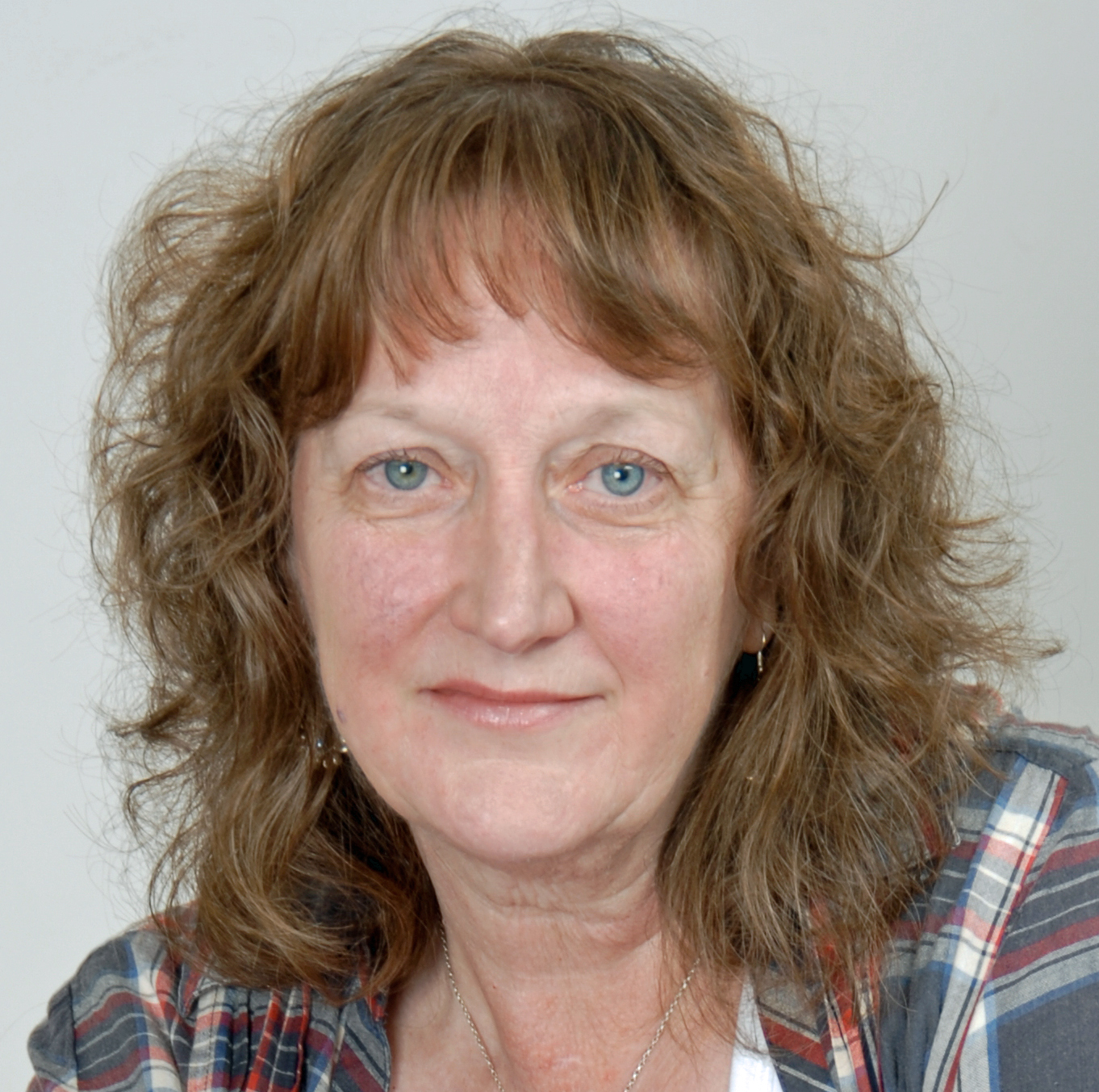
Carolyn Hughes was born in London, but has lived most of her life in Hampshire. After a first degree in Classics and English, she started her working life as a computer programmer, in those days a very new profession. It was fun for a few years, but she left to become a school careers officer in Dorset. But it was when she discovered technical authoring that she knew she had found her vocation. She spent the next few decades writing and editing all sorts of material, some fascinating, some dull, for a wide variety of clients, including an international hotel group, medical instrument manufacturers and the Government. She has written creatively for most of her adult life, but it was not until her children grew up and flew the nest, several years ago, that creative writing and, especially, writing historical fiction, took centre stage in her life. She has a Masters in Creative Writing from Portsmouth University and a PhD from the University of Southampton.
A Woman’s Lot is the second of the Meonbridge Chronicles, her series of historical novels set in fourteenth century England. The first, Fortune’s Wheel, was published in 2016. The third in the series is well under way.
Facebook: CarolynHughesAuthor
Twitter: @writingcalliope
Goodreads Author Page: http://bit.ly/2hs2rrX
Blog: https://carolynhughesauthor.com/blog/
Also at: http://the-history-girls.blogspot.com (20th of every month)
Website: https://carolynhughesauthor.com
Win an Ebook copy of Book 1 – Fortune’s Wheel
